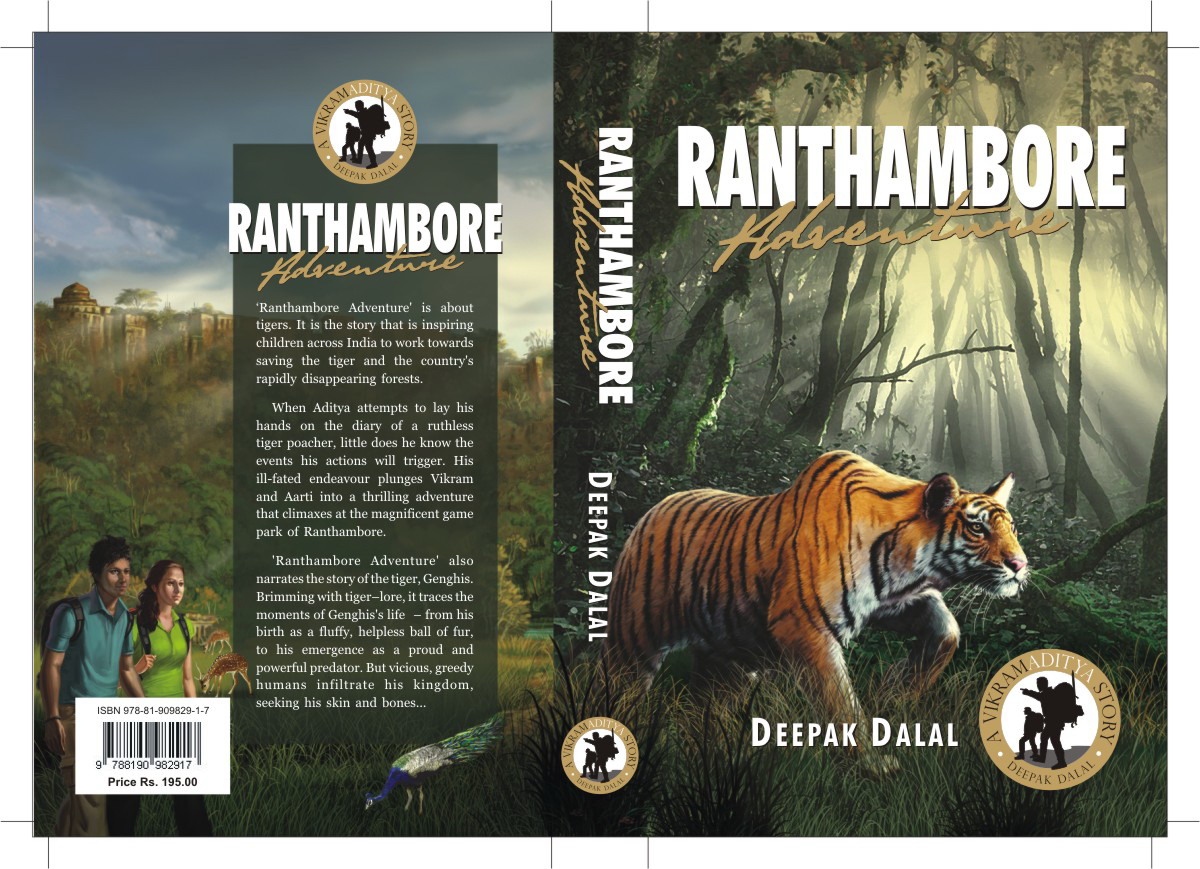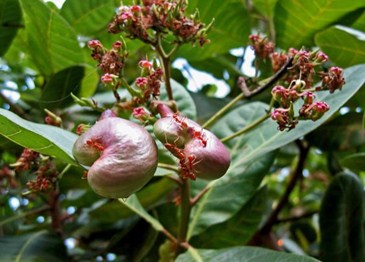News and Views
News.....
Our product store at
http://www.wildscapes.net now presents a new category "Books". You can buy eight titles by Deepak Dalal from our book store now.
Deepak Dalal chucked up a career as a chemical engineer to write stories for children. He lives currently in Pune with his wife, two daughters and several dogs and cats. He enjoys wildlife, nature and the outdoors. The Sahyadri Hills of Pune are a short journey
from his home. When not at his desk writing, he is either trekking their slopes or cycling their valleys.
The VikramAditya series of books are ideal school readers. It is breadth of the Indian experience they provide that appeals to schools. The stories take the reader on a magical journey from Ladakh to Lakshadweep, from the Andaman Islands to the Sahyadri, and
across the great forests of India. Importantly, the stories deal with critical issues like environment, wildlife and conservation. The stories create a connection between schoolchildren and wilderness areas – adding a dimension that is sorely lacking given
the urban nature of their lives today.
More than a 100 schools have used books from the VikramAditya series as readers.
For bulk orders of books, please contact
susan_sharma@hotmail.com

Views......
When we posted a blog on the new experiment with red ants in Kerala in the IWC blog, (Victory for banning Endosulfan) it invited a cautious comment from a well meaning member. Here is the blog and the comment
"An accidental discovery by a farmer that red ants could replace the use of pesticide to contain the attack of tea mosquito bugs in cashew plants, has prompted the Kerala Agricultural University in Kasargode to refine the ant technology for larger field application.
Entomology Department of the university has begun a three-year project on the use of red ants in vegetable cultivation to do away with the use of pesticides to curb the insects, apart from continuing the experiments in the cashew sector.

Comments by Takako Sato
That's great! :) I think using nature to take care of things that it does for FREE is always a better option then polluting our fields and waterways for generations to come! Way to go small-time farmer!
I hope they do not create or use a different species of ant then the ones native to the region. That could cause other problems down the line! It has happened so many times in the USA.
More on the red ants discovery:
N Vasavan, a small-scale farmer in the district, had brought back the ant-based biological pest control in his cashew plantation when the farm sector was heavily banking on pesticides. Tea mosquito bug is the most serious pest of cashew plantation. To contain
the bug threat, endosulfan had been aerially sprayed in the government-owned large tracts of cashew plantations for two decades. Researchers say the adult and nymph of the bug suck the sap from tender shoots, cashew nuts, fruit and other areas, reducing the
output by 50 per cent. A single nymph can cause blighting of tender shoot within four days of feeding.
Vasavan planted a new variety of cashew saplings in his small holding in 2004. After two years, red ants had formed their colonies in a few plants. When tea mosquito bugs began
attacking the plants, Vasavan used a local concoction of bio-pesticide made out of neem cake and garlic. The ants perished due to the bio-pesticide. Later, he avoided the plants where the ants had formed nestles within the leaves, said the 55-year old farmer.
He was surprised to see that the trees where ants had harboured were growing better than those treated with pesticide. Soon, Vasavan started grooming ant colonies in his cashew
shrubs.
|